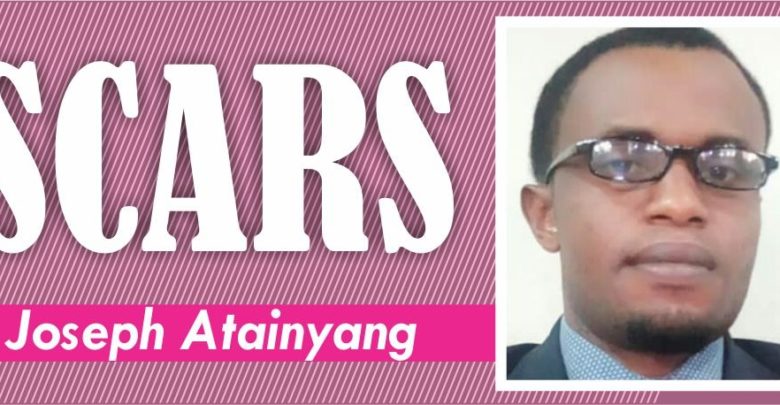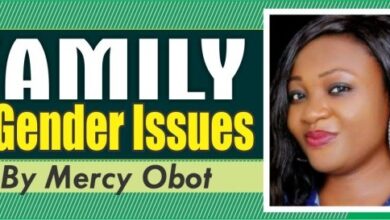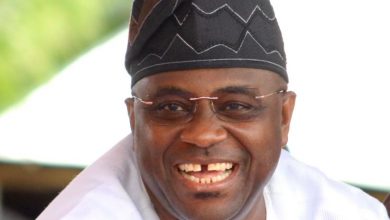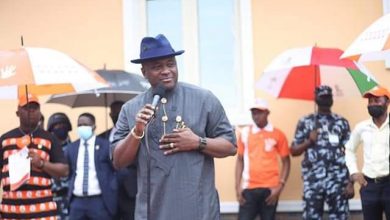The First ‘Tough’ Year In Retrospect

On March 1, 2019, President Muhammadu Buhari told the nation that his second term administration would be tough. At exactly one year after he made the statement, Nigerians can honestly attest to the fact that Buhari is a promise keeper.
Indeed, the current President ran against all of those former Presidents but failed to emerge Nigeria’s president. He wept in 2011 after he lost the presidential race for the third time. His grouse had been that he had answers to Nigeria’s challenges. But to his greatest astonishment, he wasn’t being given the express permission by the citizens to do so. He had the courage to run again in 2015 and eventually won. But his first four years had not faired better, in the eyes of critics who thought he had not adopted effective economic policies to deal with unfavourable situations.
So was the President and his team condemned for collapsing Nigeria’s economy. The campaigns were very tough but then, perhaps by the grace of God, he won again. Less then a month after President Buhari was given a renewed mandate to pilot the affairs of the country, he told Nigerians that his second coming shall be tough.
The President, on March 1, 2019 was quick to recount his three point agenda of security, economy and anti graft war. In precision, the president, during a congratulatory visit by members of the Federal Executive Council (FEC) maintained that Nigerians always forget his intentions for the country. He stressed that he would remain resolute in pursuing his cardinal objectives.
According to him, “My last lap of four years, I think is going to be tough. People are very forgetful and that’s why during the campaign, I spoke about our cardinal agenda.” Present at the meeting were the vice president, Yemi Osinbajo, the Secretary to the Government of the Federation, (SGF) Boss Mustapha, Chief of Staff, Abba Kyari, the then Head of Service of the Federation, Winifred Oyo-Ita, National Security Adviser, Babagana Monguno and over 20 ministers.
Of course, the last one year in Nigeria seems like a wild baptism where fresh unction is spread for agents of mischiefs to wreck havoc on the country. From the very point of winning the second term election, it seems the President has become so accommodating such that incessant killings throughout the country is now being tolerated. It was in the same 2019 that a notorious kidnapper was freed by Nigerian soldiers after he was arrested by the police. The soldiers came and furiously opened fire, killing not below four police officers and releasing the kidnapper. Although the notorious kidnapper, Alhaji Hamisu Bala Wadume was later rearrested and detained, nothing has been heard of the soldiers who killed police officers to get him freed.
RELATED: 2020: Year That Rings A Bell
The recurrent cases of herdsmen killings and Boko Haram carnage has a lot in stock. One becomes very perturbed when the major substances of the government’s campaign retain themselves as the very contentious issue against the people. Of course, a recent video of the Boko Haram commander, Abubakar Shekau was seen challenging the Minister of Communications, Isa Ali Pantami and the Chief of Army Staff, Bulama Burati. He was also challenging President Buhari and warning him not to ever set his feet on Maiduguri. Imagine President Buhari paying a solidarity visit to the people of Bornu on their frequent Boko Haram attacts and getting bomb attacks for a reply. This is real evidence of toughness for a retired army general whose glorious legacies of gallantry can’t add up today.
They willingly launched their weapons against Christians, burning and destroying their homes, churches and beheading many people. Consequent upon the appearance of the inability of the Nigerian armed forces to completely decimate the Boko Haram terrorists, the US is even opting to help the nation by announcing a whooping $7 million US for anyone who will provide intelligence for the arrest of the Boko Haram leader.
Whatever efforts the country’s leadership is putting forward to contend the various indices of economic instability is also being examined. Truth is that, some policies are being hailed as progressive, while others are being sternly criticised. As many are in support of the current border closure, some are still talking down on it, in view of what they see as inconsistency. Senator Shehu Sani of Kaduna recently wondered why the federal legislators were rejecting Nigerian made official vehicles being given to them, while hailing the ban on foreign rice. Small and medium scale businesses are folding up due to high operation costs. Power has remained a big issue. Although some parts of the country may be experiencing a reasonable power supply, the common man in remote communities are going through hell. The poor electricity service does not allow for economic growth, especially at the lower level. This ugly trend has continued to lend its claws to the crash of thousands of businesses across the nation.
On the corruption war, perhaps we should say that Mr Buhari is demonstrating a serious degree of toughness. This can clearly be seen in the war the economic and financial crimes commission, EFCC is winning on corruption. Just last year, the former Governor of Abia State and Chief Whip of the Senate, Senator Orji Uzor Kalu was convicted. He was sentenced to 14 years in prison following a long case of money laundering. He had long left his exalted seat in the Senate as the Court even barred him from being paid. His successor, Theodore Orji is currently on trial for money laundering too. Fresh in our memories is the very recent case of conviction against the former national publicity secretary of the Peoples Democratic Party, PDP, Chief Olisa Metuh. His case which lasted five years was finally thrashed out when a judge sentenced him to 39 years imprisonment on a seven count charge all of which he was found guilty. Metuh is however expected to spend seven years in jail as all the jail terms will run concurrently. This could perhaps amplify President Buhari’s toughness.
Obviously, the hash economic situation in the country is a pointer to the fact that their president may have been resolute in making citizens pass through a tough time. Only a year since President Buhari vowed to show toughness to Nigerians, many people feel the tough time should end. Although minimum wage has been approved and implemented as promised, most people who do not enjoy that benefits are clearly suffering its corresponding efforts through the increase in value added tax. Questions are: have Nigerians felt any positive impact of this toughness yet? Should Nigerians expect tougher times or a duplication of their fate after this past one year? If the latter is the case, then Nigerians must brace up for an exceedingly tough time in the next tough years.




